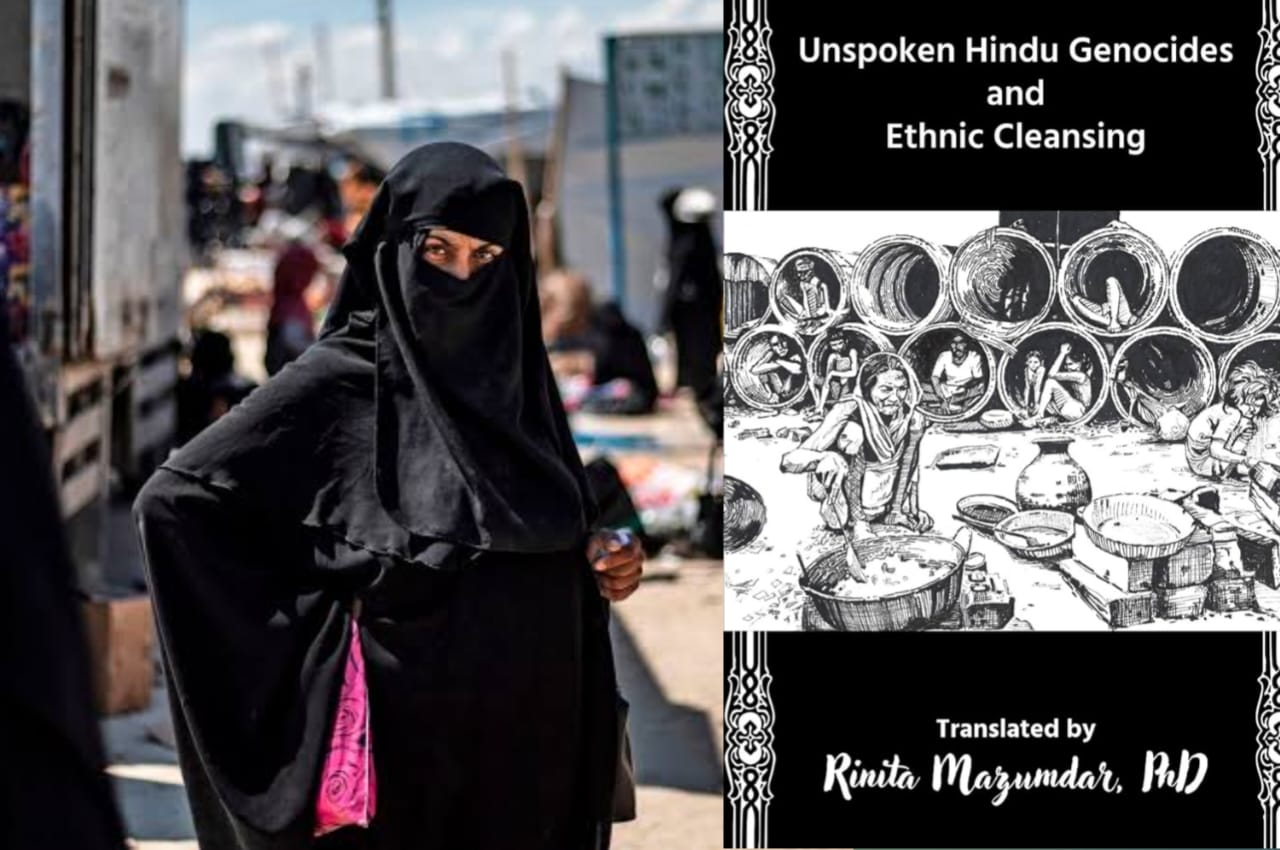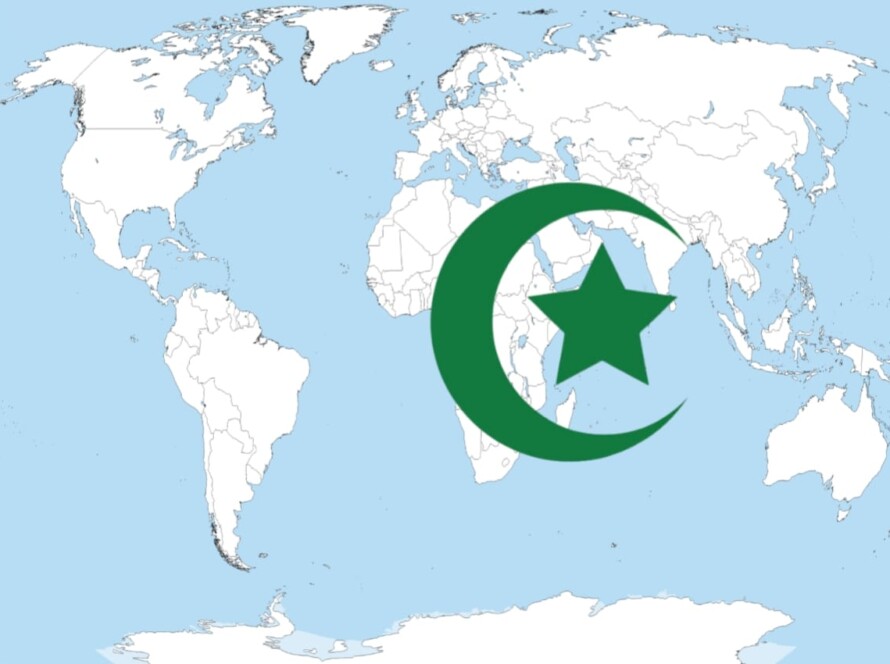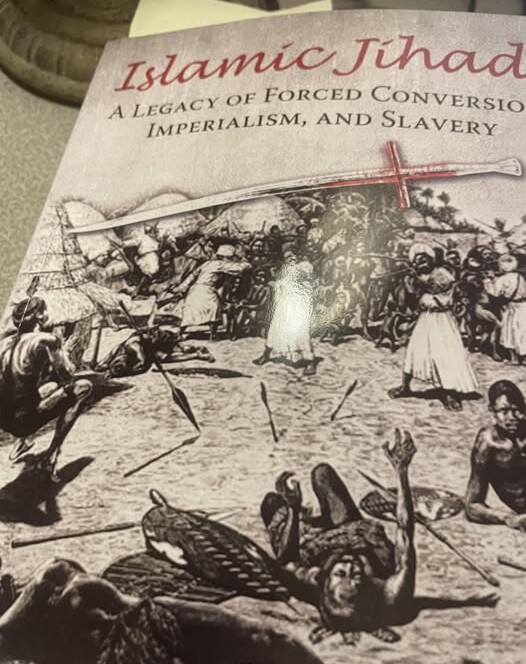Jihad, Othering, and Slavery
“The traditional Muslim ideology or slavery is closely linked to the doctrine of military jihad. Just as Jihad is directed against nonbelief in Islam, Kufr, so the unbelievers, Kuffar captured in a jihad are the legally and religiously enslaved in Muslim society…
There are therefore two main sources of slaves in Islam: capture in jihad or both to slave parents…. So once captured and enslaved, conversion to Islam offers no escape route for a slave or a slave’s offspring. Fiqh, traditional Muslim law, recognizes purchase as a third legitimate source of acquiring slaves. In practice, however, raiding (ghazw) and kidnapping by Muslim individuals and communities became popular sources of slaves… Since legitimate jihad is only permitted against non-Muslims, and jihad is the main lawful source of slaves, only non-Muslims, especially mushrikun (idolators) can be enslaved by Muslims. A medieval Muslim jurist, Abd al-Aziz Ahmad al -Bukhari (d 1330) sums up the traditional Muslim justification of enslavement thus: “Servitude is a vestige of obstinacy in refusing to believe in one God (Kufr) and this in the eyes of law is death itself” (Azumah, p, 126).
“The Jihad movements of the eighteenth and the nineteenth centuries, in the western Sudan degenerated into well-organized Muslim raids on “pagan” communities for slaves, meant for local use and also to supply the trans-Saharan trade route” Nachtigal accompanied a caravan of hundreds of slaves from Bagirmi to the salve markets of Kuka and witnessed exhausted and sick slaves being slaughtered and their arteries cut open. After such horrid experiences, Nachtigal pointed out that “is estimating the weight of the burden placed by the slave trade on its Pagan victims, it had to be borne in mind that for everyone who arrived at Kuka there were probably three or four who disappeared on the way’ (Gustav Nachtigal, Sahara and Sudan, Vol 3, 430).
References:
Azumah, J.A. (2018). The Legacy of Arab Islam in Africa. Oneworld.
Nachtigal, G. (1971). Sahara and Sudan. Barnes and Noble.
https://archive.org/details/saharasudan00nach/page/n3/mode/2up



